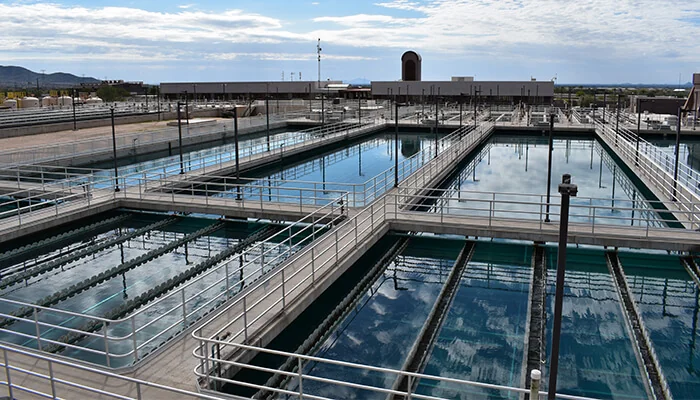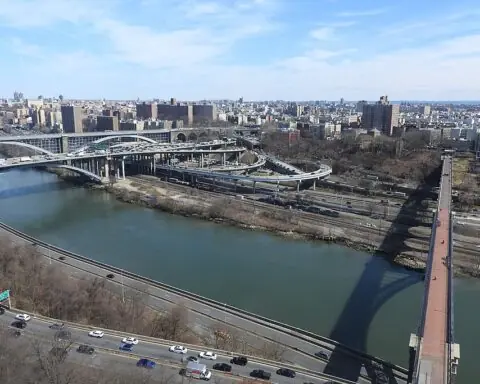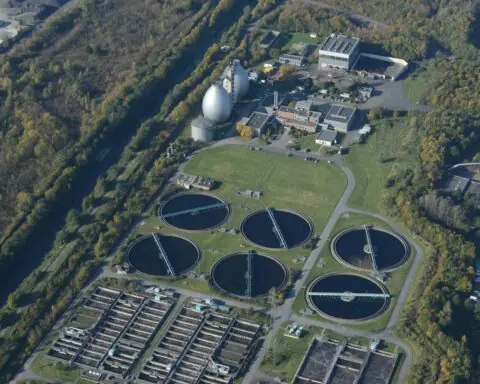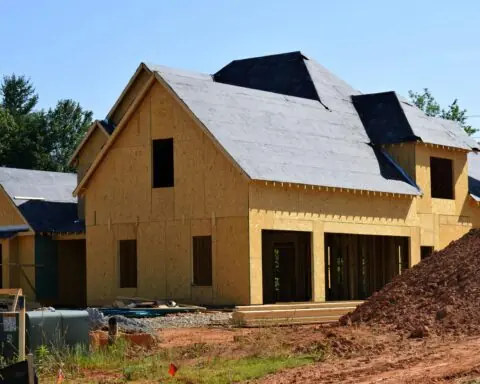Scottsdale, Arizona, is investing in water infrastructure improvements. The city of Scottsdale Municipal Property Corp. is selling $120 million in excise tax revenue bonds, with proceeds earmarked for significant capital improvements to the city’s water and wastewater system.
The Excise Tax Revenue Bonds Series 2025 will be secured by payments from the city to the corporation, funded through a combination of sales and lodging taxes. Interest payments will be made semiannually, beginning in January 2026.
Amid growing concerns about water security in the Southwest, many municipalities are investing heavily in upgrading aging water infrastructure to ensure reliability and meet increasing demands. Scottsdale’s investment reflects the critical importance of water system improvements in a region where resources are increasingly strained by population growth and climate change. The region’s needs are outlined in an Infrastructure Improvements Plan published in March, which describes priorities for Scottsdale’s water and wastewater systems through 2035, when the city anticipates its population to reach 281,220 residents.
A major focus is expanding water treatment capacity, with plans for a 20 million gallon per day (mgd) expansion of the CAP Water Treatment Plant to increase combined plant capacity to 90 mgd. This enhancement is crucial for meeting peak summer demands as the system will use renewable resources rather than groundwater wells. The city is also evaluating the potential to produce advanced potable recycled water in conjunction with these improvements, helping Scottsdale maintain compliance with state regulations.
Multiple projects seek to improve water transmission and storage throughout the city, particularly in growth areas such as the Greater Airpark. These upgrades include new transmission mains, expanded booster pump stations and additional storage tanks to ensure adequate pressure and volume to all service areas.
For wastewater services, much of the investment focuses on upgrading and expanding the collection system. Many projects involve upsizing existing sewers to larger diameters to accommodate increased flows from new development. Additionally, the infrastructure plan includes several projects to extend sewer service to areas currently using septic systems, which will allow the city to capture and reclaim more water.
Officials have not specified which projects will be prioritized under the $120 million funding package.
The bonds have received the highest possible ratings from both major credit rating agencies, with Moody’s assigning an AAA rating and S&P Global Ratings designating AAA status. These top-tier ratings typically allow municipalities to secure more favorable interest rates, potentially saving taxpayers money over the life of the bonds.
As special revenue obligations of the corporation, the bonds are not backed by either the City of Scottsdale or the State of Arizona. This structure is common for municipal revenue bonds, where the debt is secured by specific revenue streams rather than the full faith and credit of the issuing government.
The Scottsdale Municipal Property Corp., which is managing the bond issue, was established in 1967 as a nonprofit corporation specifically to finance capital projects for the city. This arrangement allows Scottsdale to fund essential infrastructure improvements while maintaining financial flexibility.
Photo Courtesy city of Scottsdale














